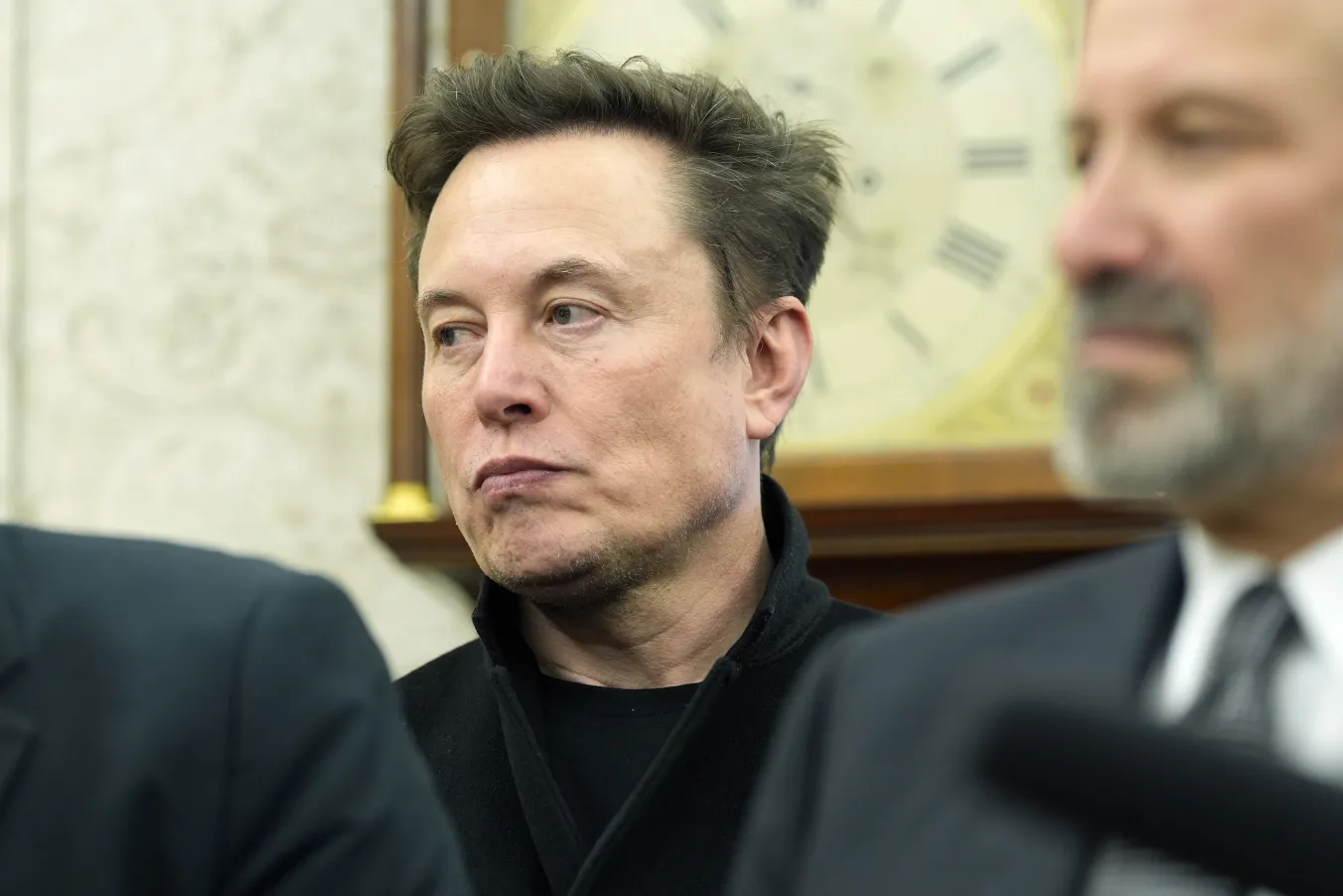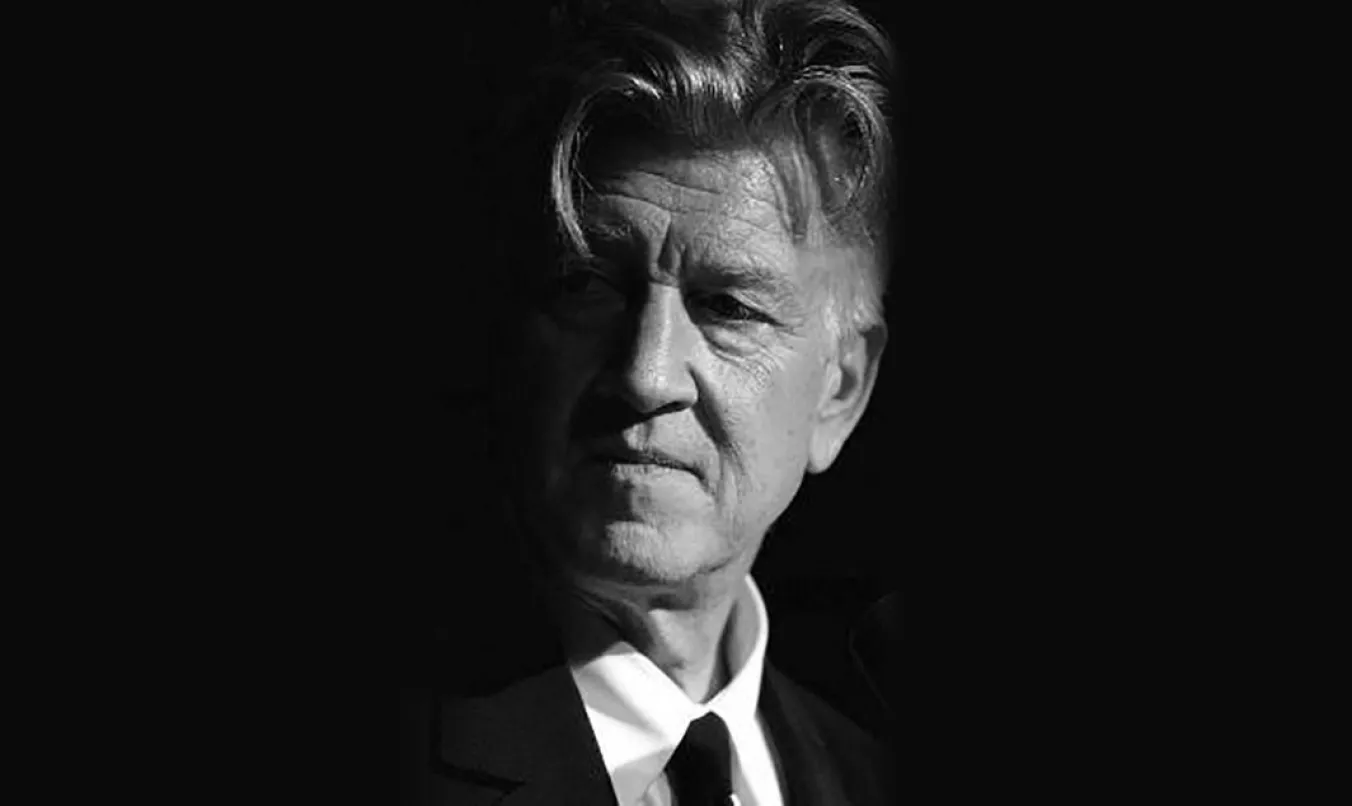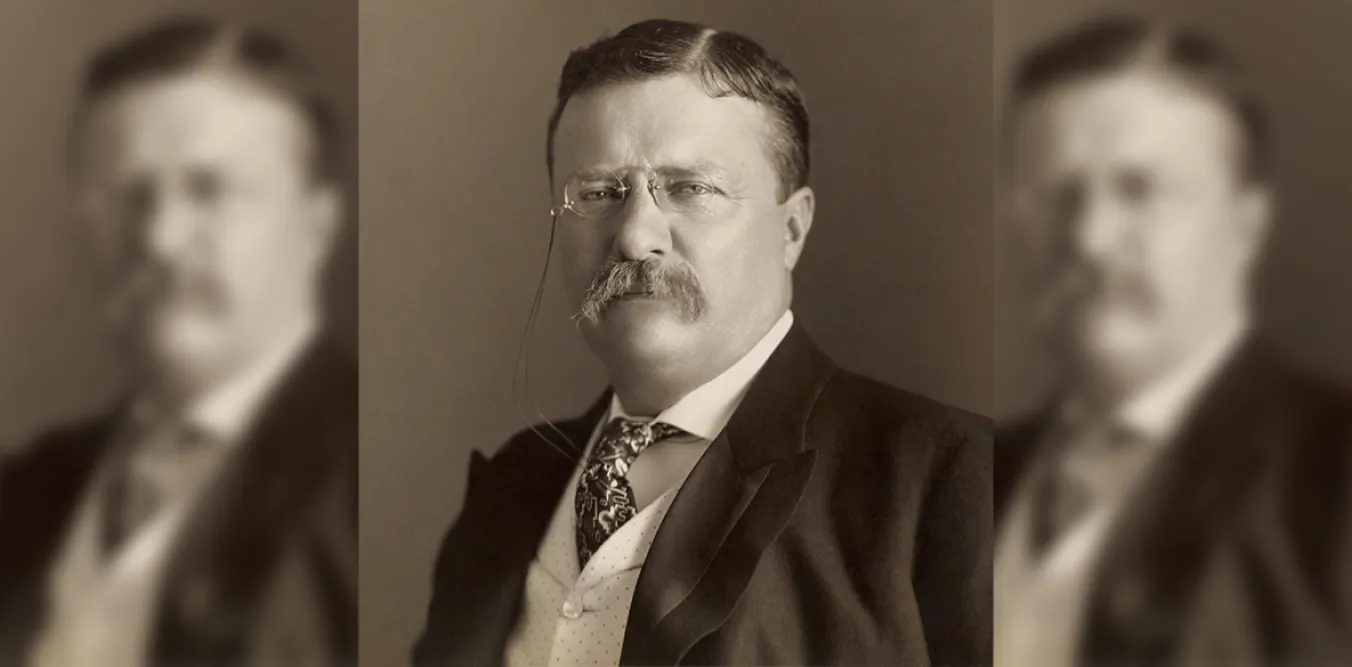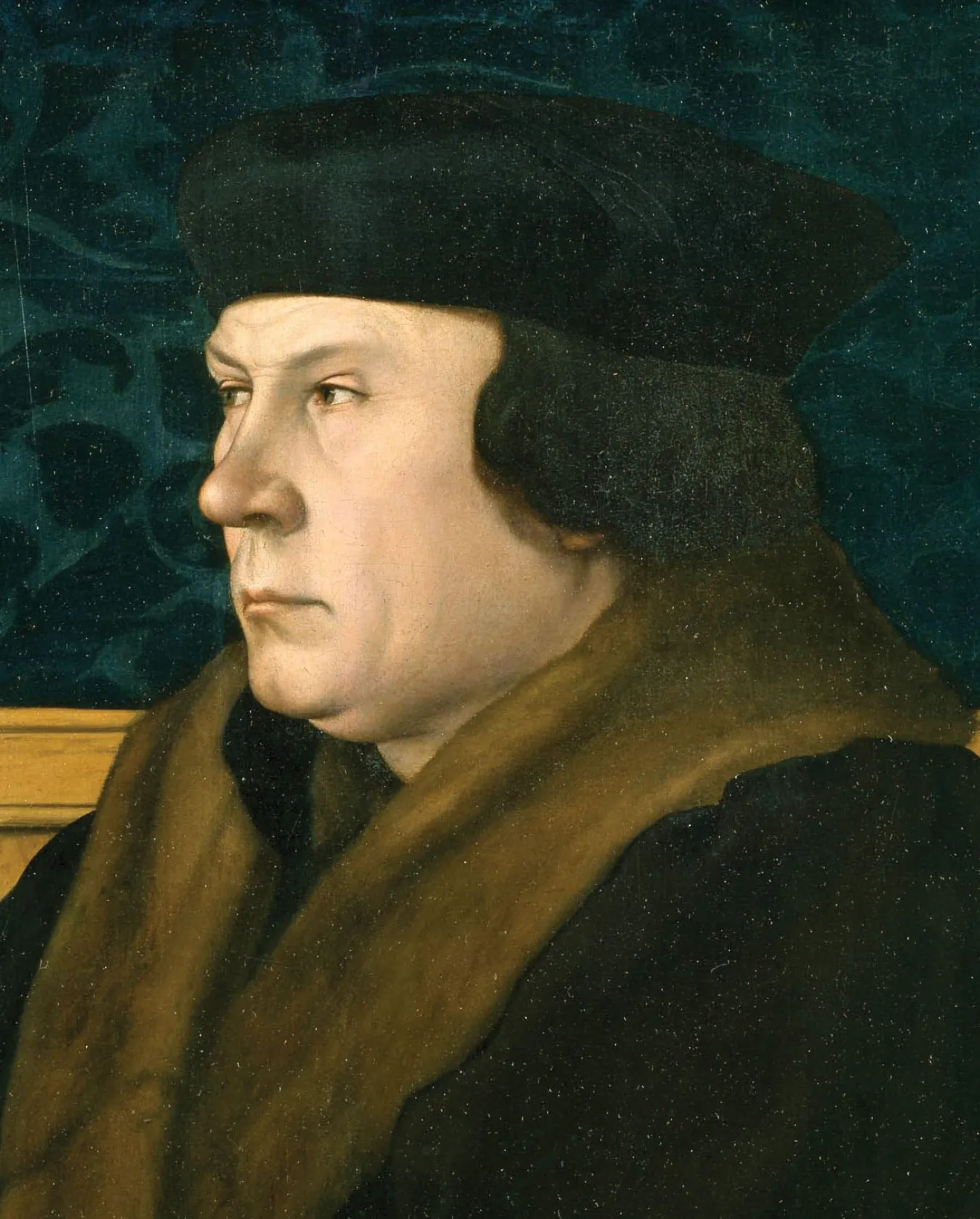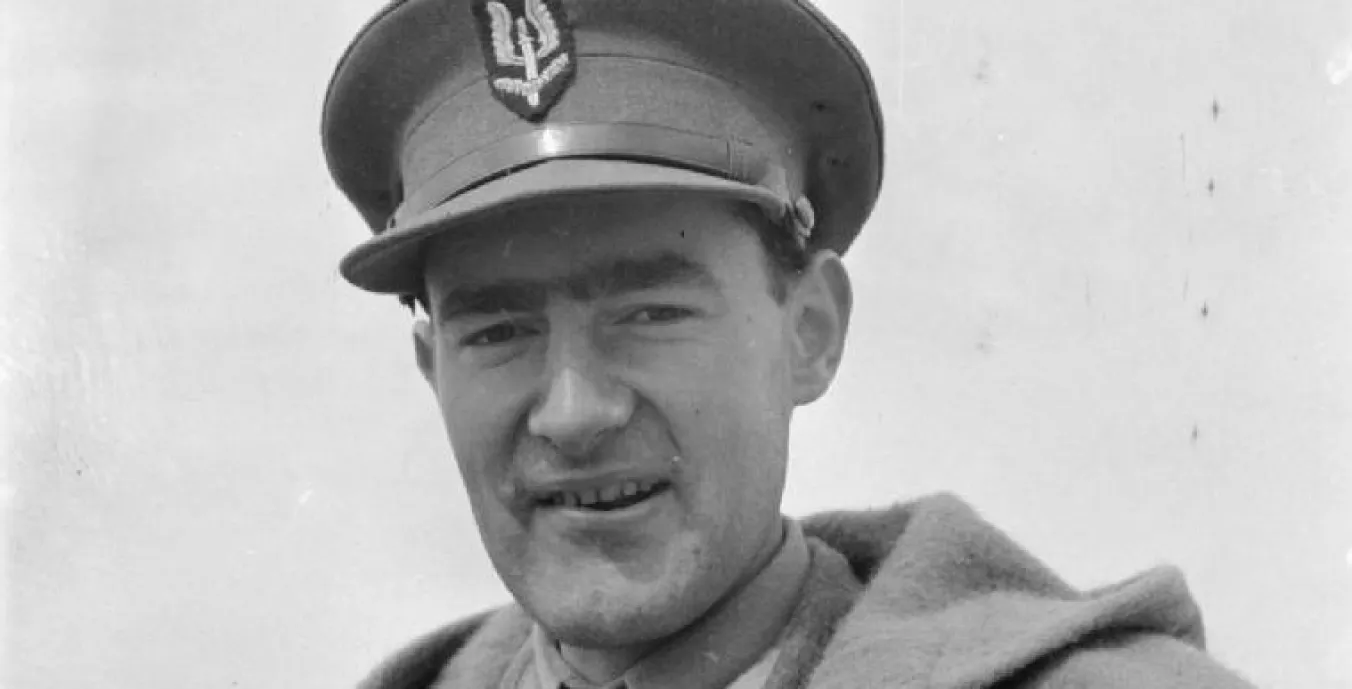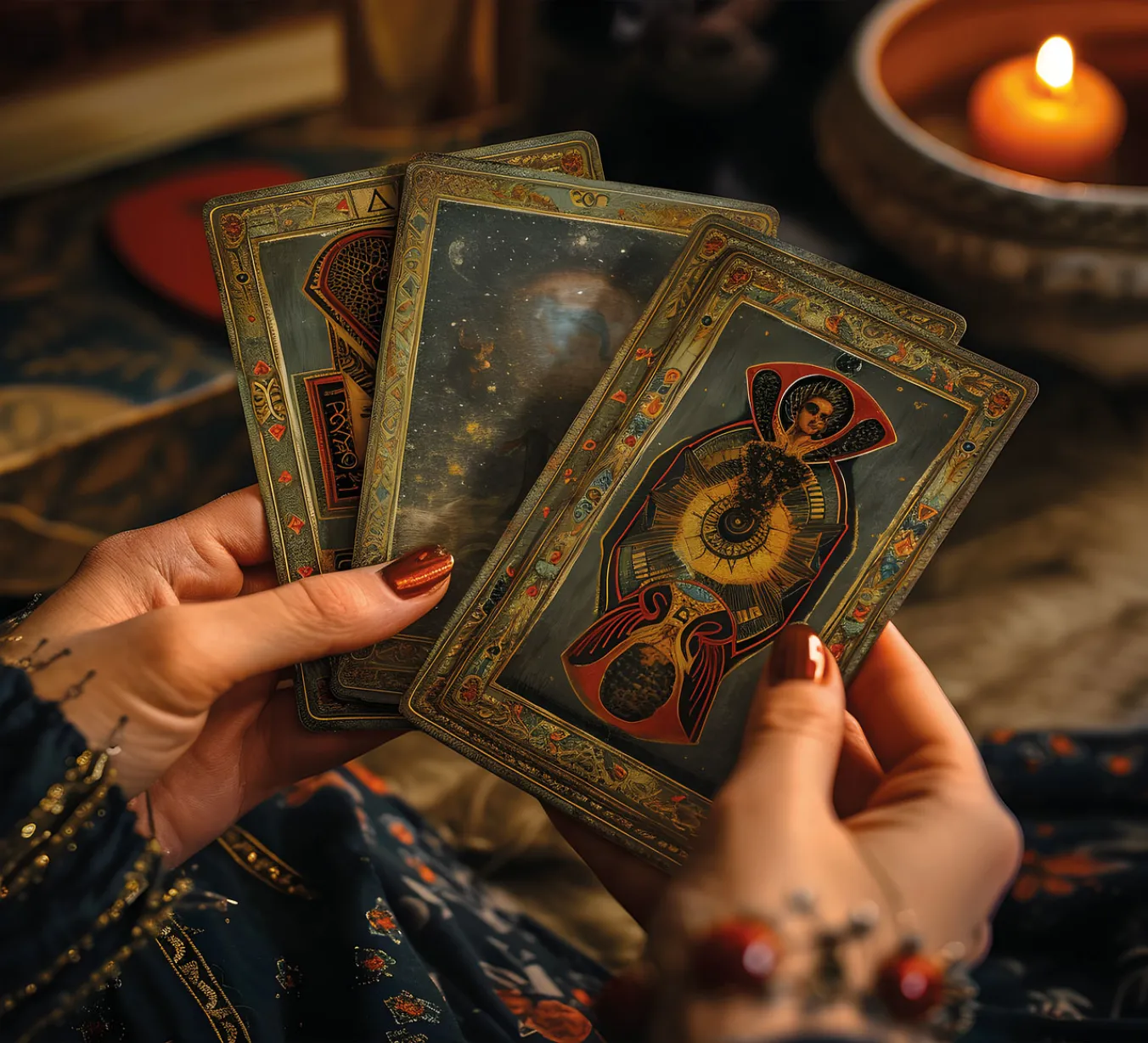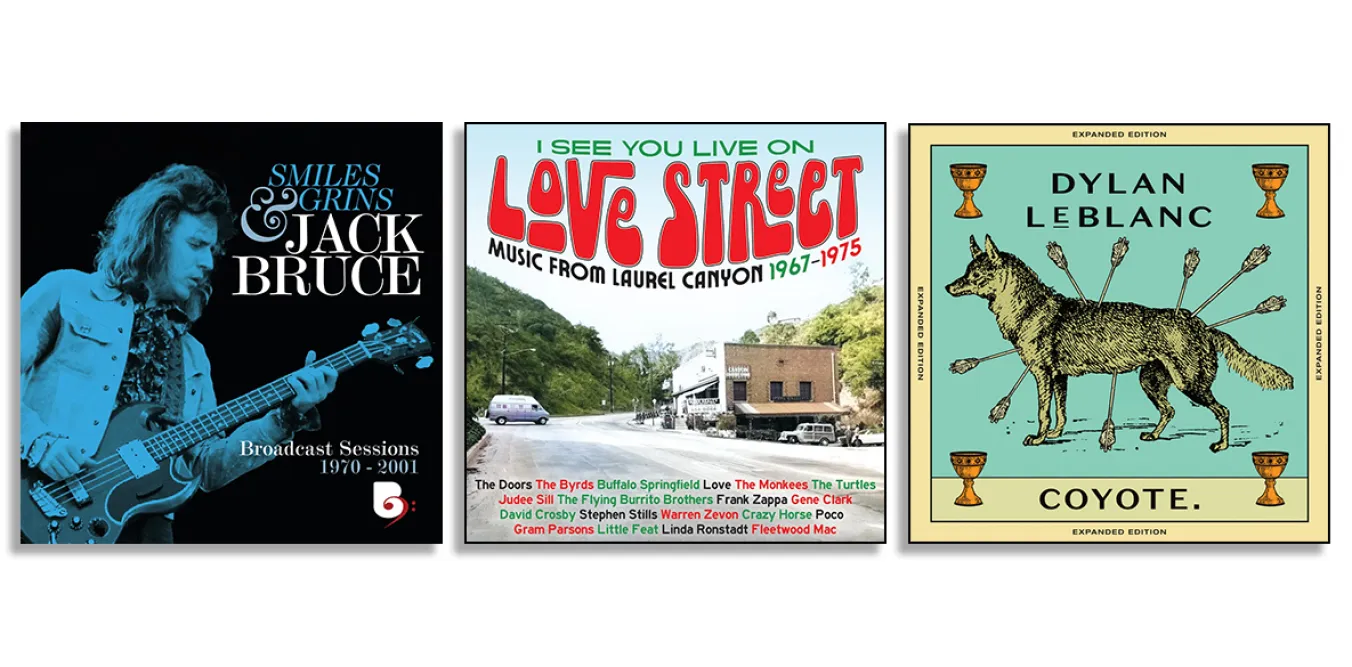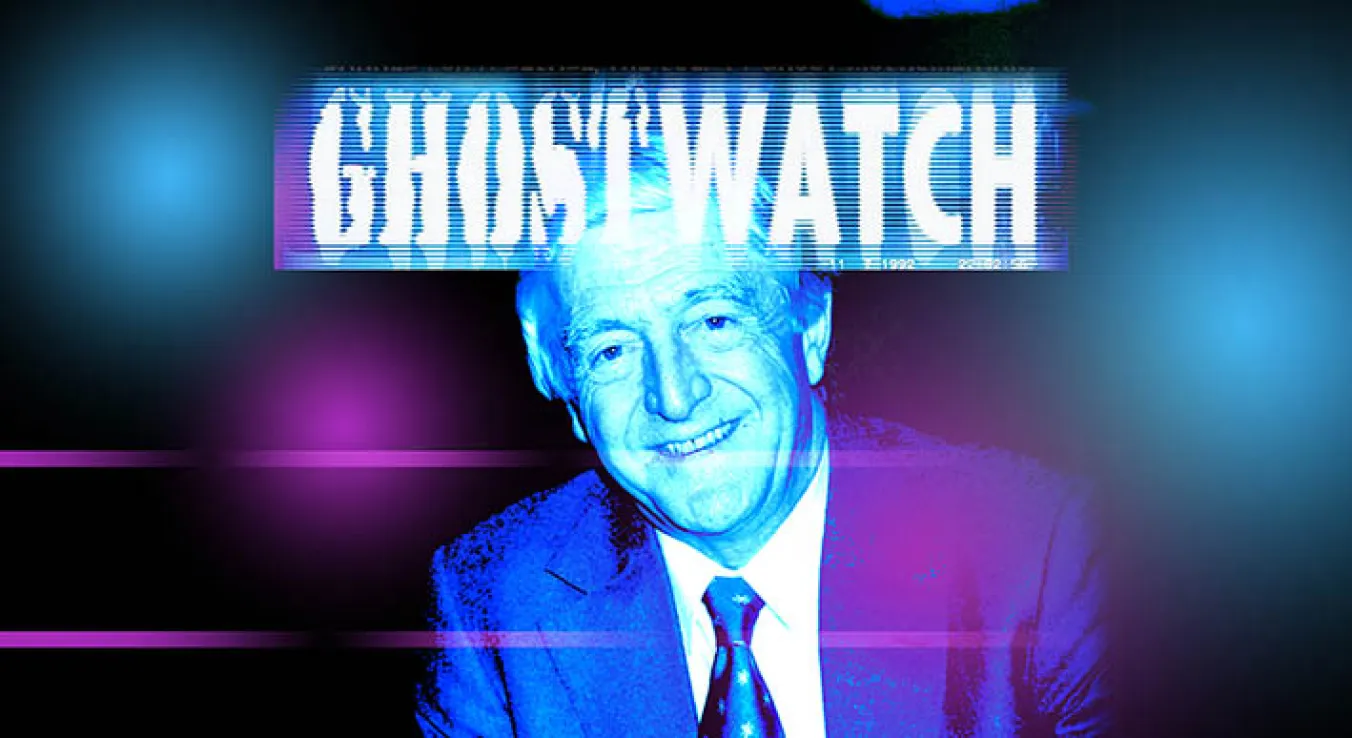
YOU might have noticed that BBC appears to be undergoing something of a renaissance of occult-themed shows, with Uncanny, Paranormal, Myth Country and, most recently, Hauntings all appearing on our screens in the last year or so.
Certainly it’s a distinct comeback from the events of 32 years ago, when the corporation gave viewers a uniquely spooky experience, after which it seemed for decades similar shows were pre-emptively exorcised by Auntie.
Some would say a shame that after Labour’s election victory, Tory revenants such as director-general Tim Davie, sinister “active agent” (E Maitlis) Robbie Gibb, and on-air fellow-travellers Fiona Bruce and Laura (“Boris Johnson ate my homework”) Kuenssberg weren’t similarly cast out, perhaps to haunt the corridors of equally creepy GB News.
